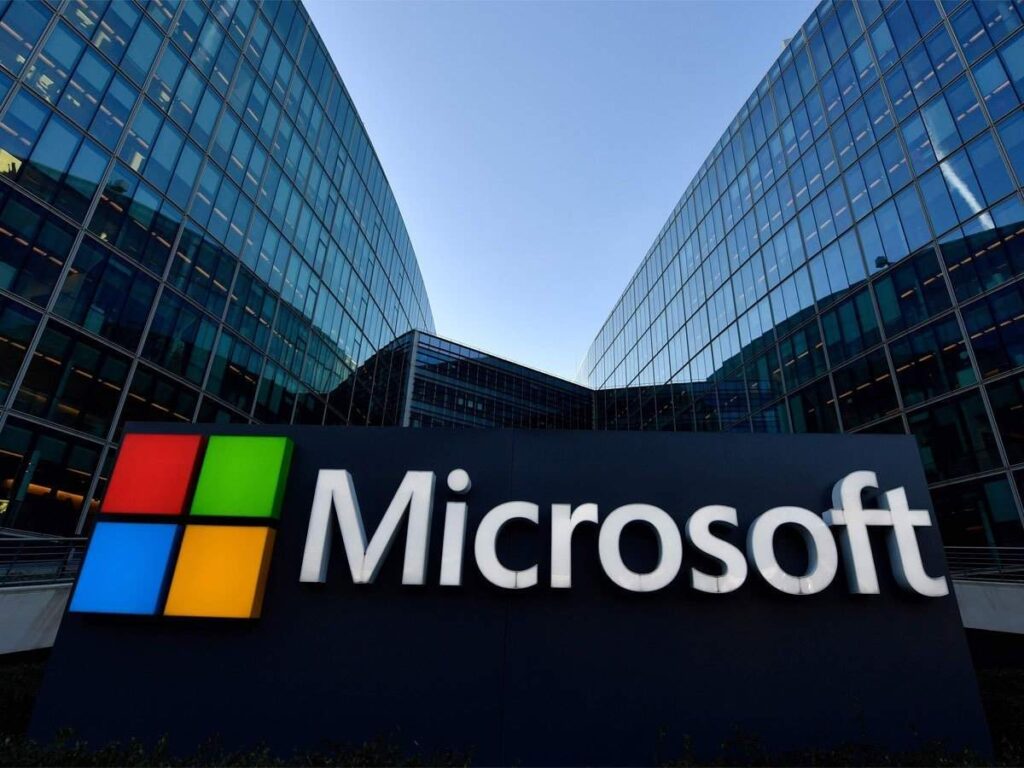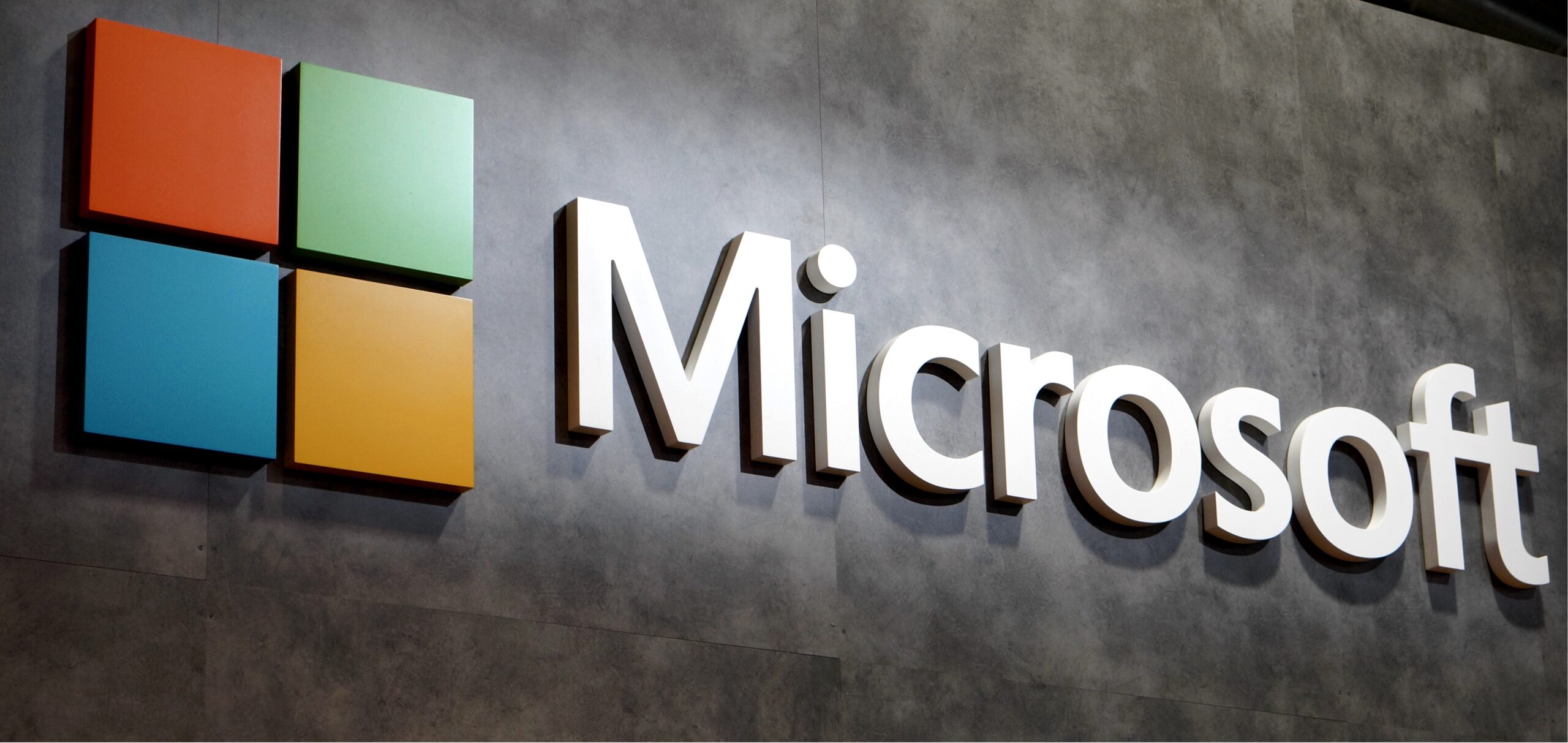
Microsoft, a tech giant with a market cap exceeding two trillion dollars, is currently facing a daunting challenge in the form of a $28.9 billion tax bill from the Internal Revenue Service (IRS). The unexpected financial blow was revealed in a recent SEC filing dated October 11th. The IRS arrived at this staggering figure after conducting an audit of Microsoft’s corporate returns for the years spanning 2004 to 2013.
The crux of the adjustment, as explained in a blog post by Microsoft’s vice president, Daniel Goff, revolves around the company’s profit allocation across various countries and jurisdictions during the specified time period. This practice, common among international corporations seeking favorable tax laws, involves moving income and profits among offices in different nations. Ireland, known for its advantageous tax regulations, has been a strategic location for such activities, hosting corporate offices for Microsoft and other tech giants like Apple, Google, and Facebook.
While Microsoft is poised to challenge the IRS’s adjusted bill, the potential impact on its profits is substantial. Even for a company of Microsoft’s magnitude, a $29 billion financial setback is noteworthy. To put it in perspective, this amount is considerable, considering Microsoft’s recent major move—a proposed $68.7 billion acquisition of game publisher Activision-Blizzard. The unfolding saga highlights the intricate landscape of international tax practices and the challenges faced by corporations navigating the complexities of tax laws.
Goff did not provide a more precise breakdown of the IRS Notices of Proposed Adjustment, but said that the company will appeal the bill starting with $10 billion in possible rebates from the Tax Cuts and Jobs Act of 2017, which significantly cut the tax rate for the largest American companies. Microsoft has already promised to appeal the decision and go to court if the IRS won’t relent, a process that could take years.




